Buying a safe for your home can be a bit of a challenge as you don’t really know what you should be looking for. A safe might just seem to be a secure, metal box to you but after doing a little bit of research, you will see that there is more to it.
If you check online you will find lots of companies that claim to be “safe authorities” when in real life, they have no actual experience in this field.
From what we’ve seen, customers have to make a guess as to what safe they should buy. With little or no information, their decision is usually based on the price of the safe.
They do not consider any other important factors that should be taken into account while buying a safe.
Most online companies trick their customers into buying low-quality safes for high prices saying, “Some protection is better than no protection at all.” This needs to be stopped as you deserve to have your valuables kept in a good, secure safe.
As experts in this field, we feel that it is our responsibility to inform you of the various things you should evaluate before buying a safe.
Over the years, customers have been confused with all the misinformation from the online companies that have been selling cheap safes.
It is our duty to give you sufficient information to buy the best and most suitable safe for your house. If something needs to be done, it must be done in the best way possible.
To enable you to do this, after hours of research and evaluation, we come up with a comprehensive list of everything that you need to know before buying a safe.
What Should Be The Size Of The Safe?
Quick Navigation
The most common feedback that we have received from people who have bought safes is that the ones they bought weren’t big enough. You can choose the high-capacity Floor safes instead.
Therefore, we advise you to buy a safe that is bigger than the size you think you need. As the years go by, you will be putting more valuables into the safe, hence it is wise to buy a big one.
If you want to know the total size of the interior of a safe, multiply the height, width, and depth of the interior and divide your answer by 1728. This will help you compare the sizes of different safes and give you an idea of what you might need. You ca have small sized safes for your hotel rooms.
What Do I Need To Know About Gun Safes?
They come in various sizes and shapes. Some are mere boxes that have no protection from fires or burglary. In gun safes, the most important features to evaluate are the locking mechanism and the fire rating.
Normal gun cabinets are made of very thin steel (16 to 18 gauge) and can easily be broken into using a hammer and a screwdriver.
Gun safes use thicker steel (10 to 12 gauge). The door construction of a gun safe is very important. It should have at least ¼ “ of solid plate steel on the door.
The fire rating is an important factor and it is unfortunately ignored most of the time. Make sure your gun safe has a fire rating of above 1 hour.
Safes with a rating below 1 hour usually don’t survive a fire. It doesn’t make sense spending an insanely high sum of money on a safe that won’t be able to guarantee the safety of your valuables.
If you cannot afford a safe with a rating of >1 hour, choose the one with the highest rating within your budget. We would recommend going for a gun safe with a UL (Underwriter Laboratory) rating of 1 hour, or an independent laboratory rating of 90 minutes. Good quality gun safes have a rating of UL TL-15 (Tool Resistant) and UL TL-30.
1. Security Ratings
You probably have a variety of different items that you want to lock away for safe-keeping. These might include cash, jewelry, important documents, etc. For this, we recommend a wall-installed composite safe. Moreover if you’re buying one fire business our office you should prefer a durable drop top safe to keep your valuables secure.
Below are some guidelines for security levels that might help you choose a safe.
- B-rated (1/2” solid steel door + 1/4” solid steel walls) up to $5000 content value
- B/C- rated (C-rated safes are twice the weight of B-rated ones) up to $10000 content value
- L. RSC (Residential Security Container) up to $15000 content value
- C-rated up to $30000 content value
- L. TL-15 (TL- Tool Resistant, can withstand an attack for 15 minutes) up to$200,000 content value
- L. TL-30 (can withstand an attack for 30 minutes) up to $375,000 content value
- L. TL-30X6 up to $500,000-$1,000,000 content value
2. Fireproof Safes Are Not Reliable Against Burglary
The term “fireproof” basically means that the safe will be able to resist the effect of fire and heat and protect its contents for an extended period of time. Steer clear of brands that label their safes as “fireproof”. There is no such thing as a fireproof safe. You should look for safes that have fire-resistance, ideally for 30-150 minutes.
These safes can protect important paper documents and cash from heat and smoke damage for a long period of time. However, they are made of very thin steel (16-18 gauge) and can easily be broken by a burglar.
Therefore, do not store highly valuable contents in such a safe. There have been many cases of people losing highly valuable things due to burglars breaking into their fireproof safes.
These customers were made to believe that such safes were burglar resistant as well. For storing your most valuable items, choose a safe that is “burglar-proof”. These are engineered to resist fires as well as burglaries.
3. Hidden Safe Or Wall Safe?
Hidden safes and wall safes do not provide too much protection. Wall safes protect important documents to some extent during fires. On the good side, they can easily be concealed and do not take too much space.
But, by design, they are made of thin gauge steel and can easily be cut or broken out of the wall. Therefore, it is better not to use a wall safe to store your most precious things and important documents.
Hidden safes are also not the best idea to store your most important things. Once found, they can easily be broken into.
Hidden safes and wall safes can probably be used to keep important things such as prescription medicines out of your kids’ access. For valuable things, however, search for a more secure, good quality safe.
4. Composite Safes
Modern safes, or composite safes, have both burglar and fire ratings. They are the best to use for safekeeping important documents and valuable items. This is because they have some degree of resistance towards both fires and burglary.
When you are thinking of buying a safe, you must consider the fact that you will be adding more valuables and documents to it as time passes. The safe you think is right might not be enough to protect all these things.
Burglar ratings are a combination of UL and manufacturer standards. The following ratings should give you a general guideline:
| Burglar Rating | With Burglar Alarm | NO Burglar Alarm |
| B-Rate | UP TO $10,000 | UP TO $5,000 |
| B/C Rate | UP TO $20,000 | UP TO $10,000 |
| UL RSC | UP TO $30,000 | UP TO $15,000 |
| C-Rate | UP TO $50,000 | UP TO $25,000 |
| UL TL-15 | UP TO $200,000 | UP TO $100,000 |
| UL TL-30 | UP TO $375,000 | UP TO $195,000 |
| UL TL-30X6 | UP TO $500,000 | UP TO $275,000 |
| UL TRTL-30X6 | UP TO $1,000,000+ | UP TO $500,000+ |
5. A Floor Safe Does Not Provide Adequate Protection Against Fires
Floor safes are engineered to protect against burglary so they can be used to store valuables and jewelry. You may assume that it provides fire protection as well since it is covered with concrete on 5 out of 6 faces. This is not the case.
The door is exposed and made of metal which is not fire-resistant, which means that fire can easily enter the safe.If you want a safe to protect money and important documents, do not go for floor safes. Choose a standard composite safe with a proper fire rating, say, at least 1-2 hours.
6. Fire rating To Protect Money And Paper (important documents)
Fireproof safes and composite safes should have a minimum rating of 1 hour. Those with fire-ratings less than 1 hour will not provide adequate protection to paper and cash in a fire. You cannot predict where a fire will start.
It may be far away from the safe, which will give you sufficient time to put it out. Or, it may start too close to your safe. In such a situation, it will be better to have a safe that has a greater resistance to fire. We would recommend that you don’t put large amounts of cash in your fireproof safe.
7. Media Should Not Be Stored In A Fireproof Safe
You might assume that safes that are labeled as “fireproof” will protect everything. This is not true. Fireproof safes are engineered to protect important paper documents by keeping the internal temperature below 350 degrees Celsius (the critical temperature at which paper begins to burn).
This is done by creating an atmosphere of steam and moisture inside a safe. These kinds of safes will not be able to provide proper protection to CDs, DVDs, disks, tapes, hard drives, TB disks, USB storage devices, etc.
To protect any important media or data from fire, use a data/media safe. These safes will keep the internal temperature below 135 degrees Celsius and humidity below 85%.
Where Should The Safe Be Installed?
This is probably one of the tougher decisions to make. If your home does not have a burglar alarm security system, it is probably wise to install your safe somewhere out of sight.
Some factors that need to be considered are:
- The placement of the safe: Is it in a place that will encourage you to use it regularly?
- Is there sufficient light around the safe?
- Is the safe properly secured to the wall/floor?
- An electronic dial may be better than a manual lock as it can be seen in the dark as well.
- Burglars tend to enter the master bedroom first so avoid installing your safe there. Keep it in a guest room, garage or storeroom.
- Install a monitored burglar alarm system.
- Make sure your safe is always anchored. A safe that can be moved around is much easier to steal from as the burglars don’t have to spend time breaking the lock. They can just take the safe away to a secluded place and proceed to break it in peace. To avoid this, make sure your safe can’t be moved easily.
What Type Of Lock Should I Use For My Safe?
You may wonder if a dial lock is better than an electronic one, and how you will need to maintain it. Good quality locks are all UL rated and will ensure proper protection and security.
- Some electronic locks are EMP (Electromagnetic-pulse) resistant and some aren’t.
- Redundant locks, which are a combination of mechanical and electronic locks, will give you the best of both worlds.
- Good qual
- Get your lock(s) serviced at least once every five years by an expert.
Some Things Don’t Need To Be Shared
If you invest in a safe, it isn’t necessary to let other people know about it. Word of mouth just might be the reason you get robbed because if people know that you have a safe, they’ll know that you have some valuable things at home.
So it is better not to talk openly about it. Even an innocent conversation on your cellphone can easily be overheard. Therefore, keeping it private lowers the odds of you getting robbed.
Security should be multilayered. Just keeping a safe isn’t enough to protect your valuables. Your home should be well-protected as well. Install a full-fledged security alarm system and check your doors, windows, and locks regularly.
If anything is damaged, get it fixed/replaced immediately. And avoid keeping costly things near the windows, as they can easily be seen from outside. If someone knows you own something costly, your house becomes a sure target for burglary.
This last tip might be the most important one yet. After everything you’ve read about different safes and their various features, it is time to make an informed decision. Take a step back and evaluate everything. Collect your thoughts and choose a suitable safe.
After this, ask yourself if you see yourself and your family using this safe regularly. After all, buying a high-end piece of technology will be of no use if it is just a mere box left to gather dust in the corner of your room.
Once you install your new safe, make sure you and your family members are using it to hold your precious items. Any piece of technology can take some time to get used to, and a safe is no different.
Condition yourself to using your safe. It is important that you make your safe a boon rather than a burden.We hope that after reading this, you will be able to make a better-informed decision when you choose a safe for your home. You also have a durable safe for your college dorm.

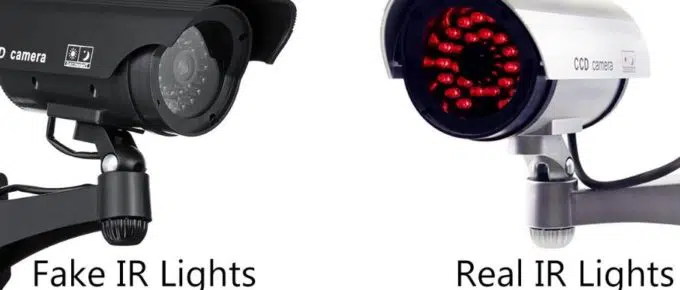
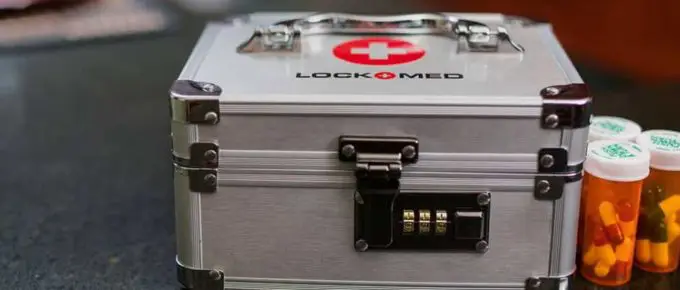
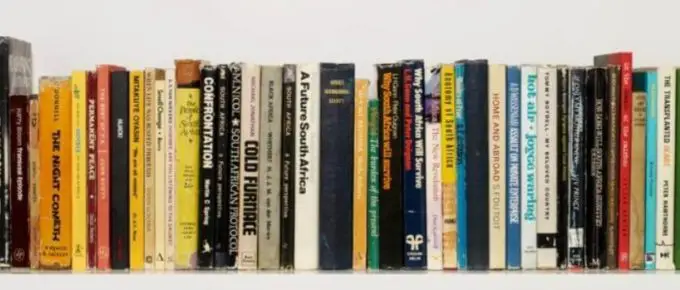
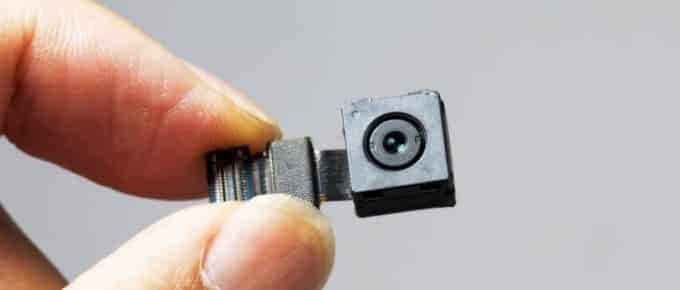
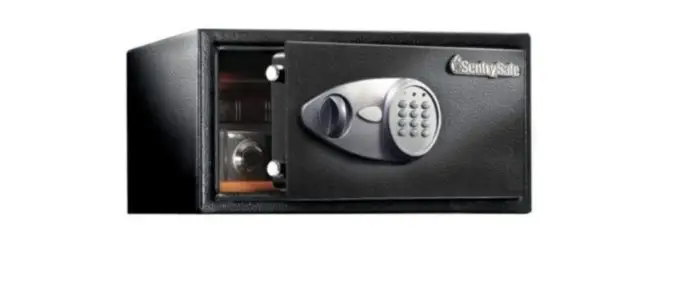
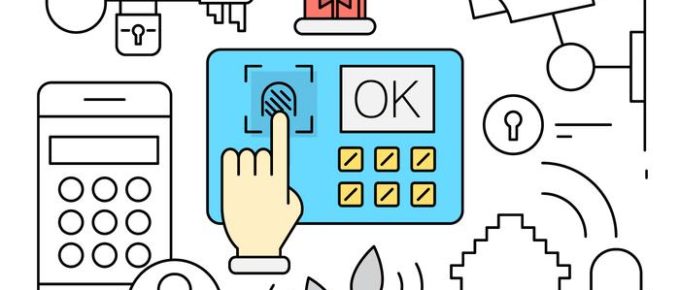
Leave a Reply